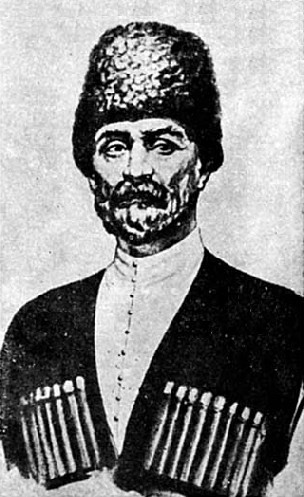An Introductory
Account of
Circassian
Literature
АДЫГЭ ЛИТЕРАТУРЭ:
ХЭЗЫГЪЭГЪУАЗЭ
Amjad M.
Jaimoukha
Зытхар: Жэмыхъуэ Амджэд (Амыщ)
|
O |
RATORY had been a well-developed art in
Western travellers and scholars have provided conflicting
accounts as to the level of development of Circassian literature. According to
the German scholar, F. Bodenstedt, who visited the
Read more in the attached files.
[1] Bodenstedt, F., Die Völker des Kaukasus und ihre freiheitskämpfe gegen die Russen: Ein Beitrag zur
neuesten Geschichte des Orients, Frankfurt-am-Main: Verlag Lizius, 1849 (second edition); reworked in 2
vols 1855.
— Les peuples du Caucase et leur guerre d’indépendance contre la Russie, Paris, 1859.
[2] Henze, P., ‘Circassian Resistance to Russia’, in M.
Bennigsen-Broxup (ed.), The North Caucasus Barrier: The Russian Advance
towards the Muslim World, London: C. Hurst & Co (Publishers) LTD, 1992,
pp 62-111.
[3] Curtis, W. E., Around the Black Sea. Asia Minor,
Armenia, Caucasus, Circassia, Daghestan, the Crimea, Roumania, New York,
1911; reprinted: LULU PR, 2008.

|
Circassian Literature.pdf Size : 2671 Kb Type : pdf |

|
Circassian Literature.doc Size : 4627 Kb Type : doc |

The first modern Circassian historian and folklorist,
Shora Negwme (Нэгумэ Шорэ; Nogmov) preserved many of the
legends and tales of the Circassians.